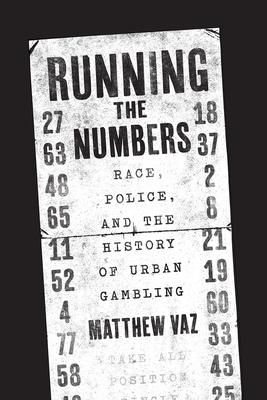Expedite your nonfiction book discovery process with Readara interviews, summaries and recommendations, Broaden your knowledge and gain insights from leading experts and scholars
In-depth, hour-long interviews with notable nonfiction authors, Gain new perspectives and ideas from the writer’s expertise and research, Valuable resource for readers and researchers
Optimize your book discovery process, Four-to eight-page summaries prepared by subject matter experts, Quickly review the book’s central messages and range of content
Books are handpicked covering a wide range of important categories and topics, Selected authors are subject experts, field professionals, or distinguished academics
Our editorial team includes books offering insights, unique views and researched-narratives in categories, Trade shows and book fairs, Book signings and in person author talks,Webinars and online events
Connect with editors and designers,Discover PR & marketing services providers, Source printers and related service providers

Running the Numbers: Race, Police, and the History of Urban Gambling
History > United States - 20th Century
- University of Chicago Press
- Hardcover
- 9780226690445
- 9.1 X 6.1 X 0.8 inches
- 0.9 pounds
- History > United States - 20th Century
- (Single Author) Asian American
- English
Readara.com
Book Description
As Vaz highlights, early urban gamblers favored low-stakes games built around combinations of winning numbers. When these games became one of the largest economic engines in nonwhite areas like Harlem and Chicago's south side, police took notice of the illegal business--and took advantage of new opportunities to benefit from graft and other corrupt practices. Eventually, governments found an unusual solution to the problems of illicit gambling and abusive police tactics: coopting the market through legal state-run lotteries, which could offer larger jackpots than any underground game. By tracing this process and the tensions and conflicts that propelled it, Vaz brilliantly calls attention to the fact that, much like education and housing in twentieth-century America, the gambling economy has also been a form of disputed terrain upon which racial power has been expressed, resisted, and reworked.
Author Bio
Matthew Vaz teaches United State History with a focus on political economy. He specializes in comparative urban history, and the history of crime and policing in urban areas. His current research examines the use of government run lotteries to sever the relationship between illegal gambling and police corruption in New York City and Rio de Janeiro.
Research Interests
U.S. Society
The History of New York City
Education
B.S. Cornell University
M.S. Brooklyn College, City University of New York
M.A. Columbia University
PhD. Columbia University
Source: The City College of New York
Videos


Community reviews
No Community reviews

